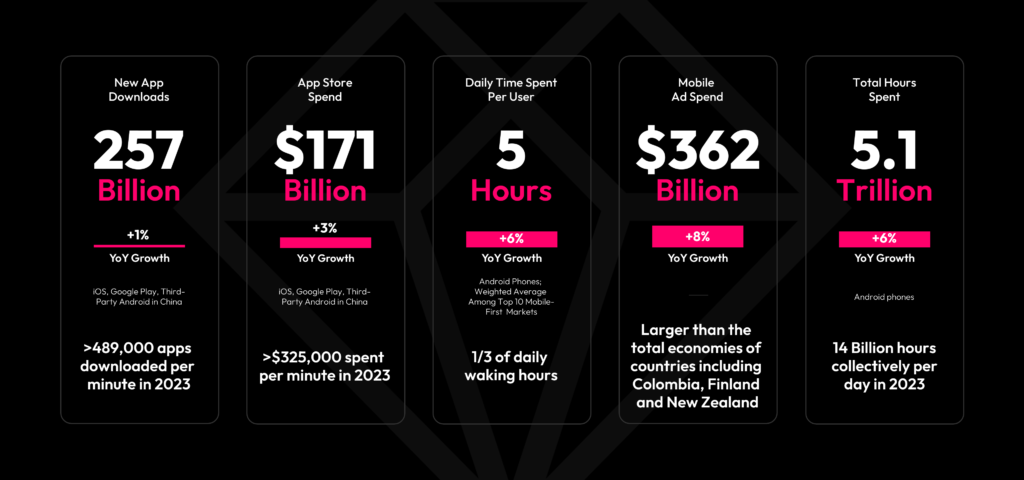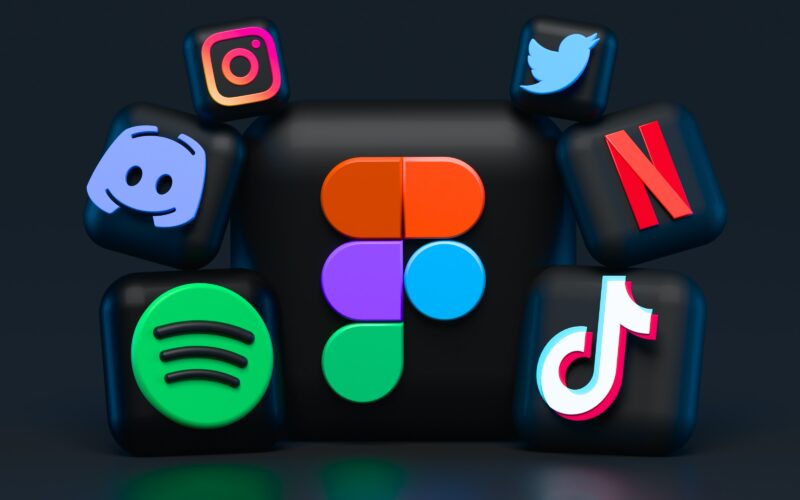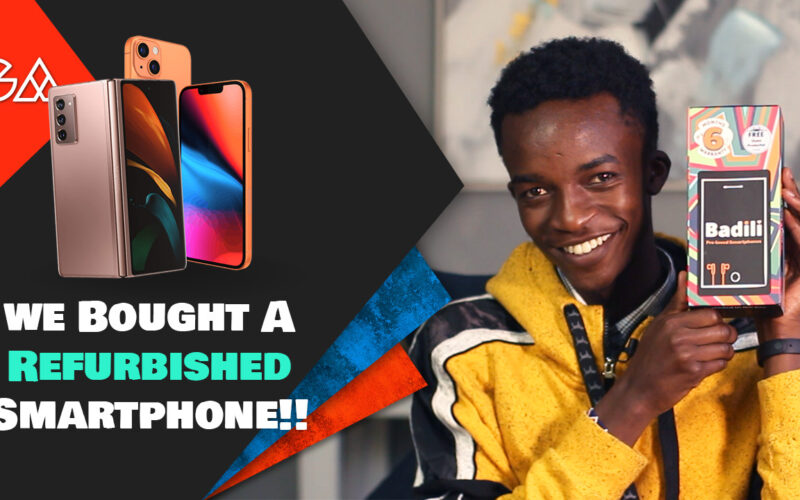In 2023, global mobile app spending surged to a remarkable $171 billion, as reported by app intelligence provider data.ai in their State of Mobile 2024 report. This represents a three percent increase from 2022, while app downloads saw a marginal one percent rise, totaling 257 billion downloads.
Consumer spending on non-game apps particularly stood out, showcasing an impressive 11 percent year-over-year growth in 2023, reaching $64 billion. The driving forces behind this surge were social apps and the flourishing creator economy, with TikTok playing a pivotal role.
“Consumers are shifting their spending habits. Popularized by TikTok, they are opting to spend directly in the app via ‘tips’ to their favorite content creators, opening the door for subscriptions and IAPs,” data.ai stated.
The data.ai report emphasized the continued dominance of social apps on Android phones, revealing a nine percent increase in usage during 2023, surpassing 2.3 trillion hours. Furthermore, consumer spending maintained a robust 13 percent year-over-year growth, reaching nearly $9 billion.

Data.ai’s recent findings highlight a surge in app owners embracing the artificial intelligence (AI) trend to attract users in 2023. Over 4,000 apps strategically incorporated the term “chatbot” into their descriptions, with an additional 3,500 opting for “gpt.” The report underscores a significant increase in new apps, with 2,500 launched in 2023 featuring “chatbot” in their descriptions—nearly double the combined number from the preceding four years.
Apps integrating AI features also experienced success, with 20 incorporating such functionalities witnessing an impressive 11 percent year-over-year growth in downloads. Encouragingly, 65 percent of these apps exhibited positive growth.
Data.ai emphasizes the role of generative AI advancements in driving consumer spending last year. The genAI app market expanded over sevenfold, introducing innovative consumer experiences like AI chatbots and AI art generators. Leading apps in terms of consumer spending included ChatGPT, Ask AI, and Open Chat, highlighting the continued influence of AI in shaping user preferences and app landscapes.
Mobile apps are going through a significant transformation with the increasing integration of augmented reality (AR) and virtual reality (VR). From enhancing daily tasks through AR applications like IKEA Place and Google Maps AR Navigation to providing immersive experiences in VR-powered games and virtual travel, these technologies are reshaping user engagement.
Remarkably, mainstream apps such as Snapchat and Instagram are seamlessly incorporating augmented reality (AR) features, underscoring a discernible trend towards augmented experiences in the digital landscape. As technology continues to advance, the amalgamation of both augmented reality (AR) and virtual reality (VR) with mobile apps is swiftly becoming a standard practice. This convergence not only enhances user engagement but also provides a platform for the creation and consumption of captivating and interactive content, ushering in a new era of immersive digital experiences.












